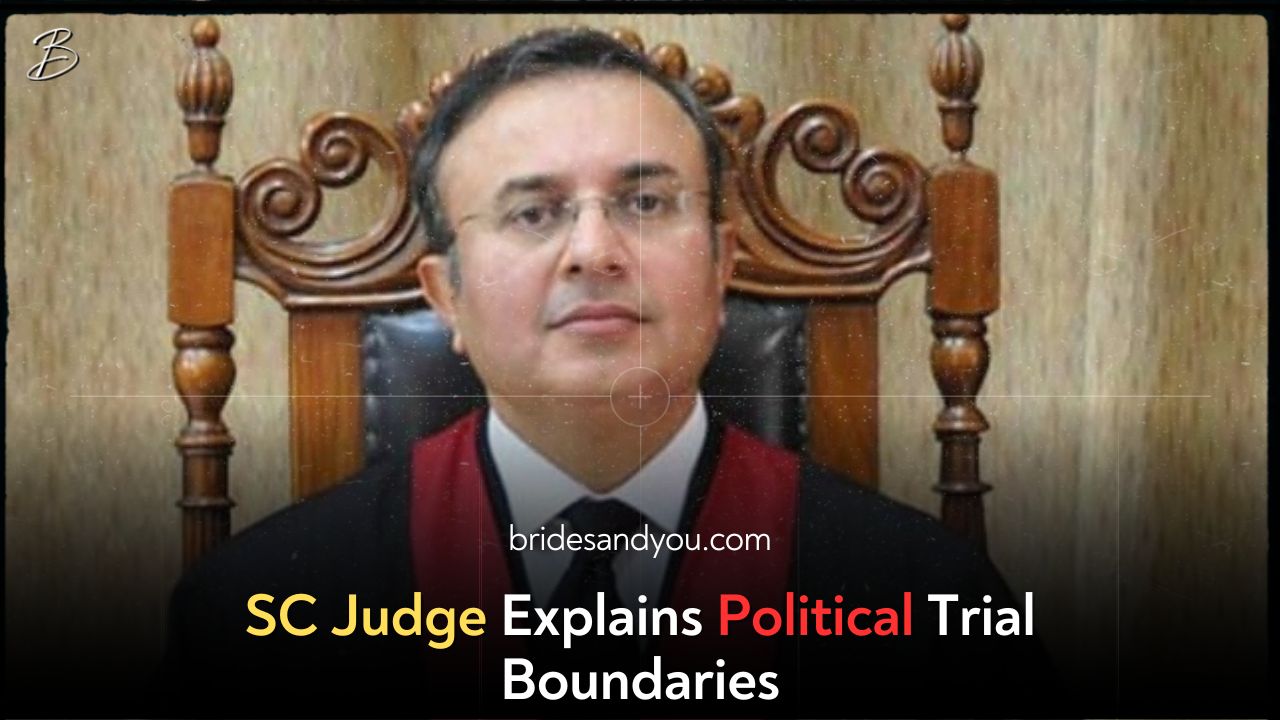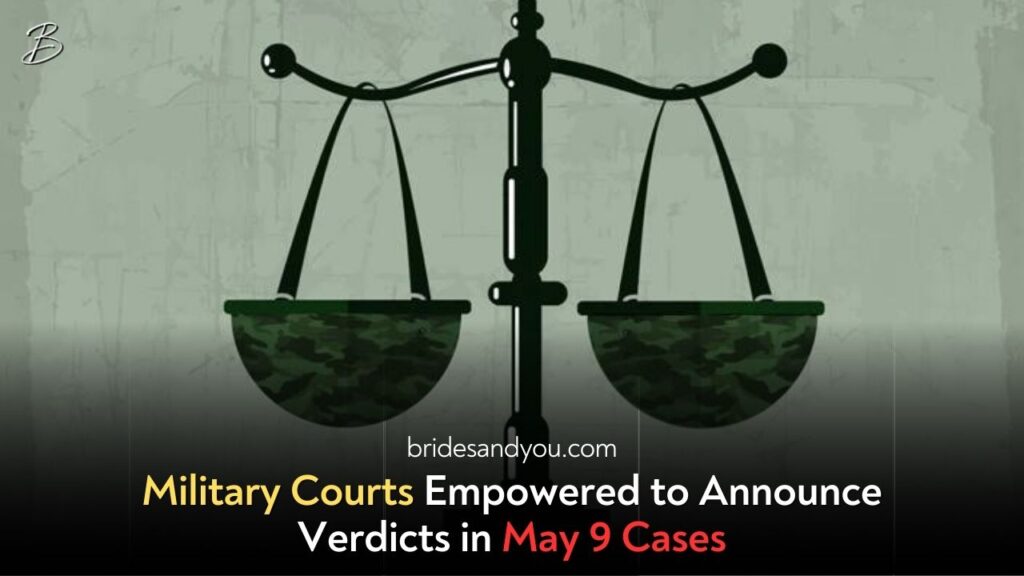Now Reading: Courage and Integrity: The Role of Judges in Upholding Justice and Democracy
-
01
Courage and Integrity: The Role of Judges in Upholding Justice and Democracy
Courage and Integrity: The Role of Judges in Upholding Justice and Democracy

The judiciary stands as a cornerstone of democracy, tasked with safeguarding the rule of law and protecting citizens’ rights. Justice Syed Mansoor Ali Shah of Pakistan’s Supreme Court recently underscored the immense responsibility of judges to uphold their constitutional oaths courageously, particularly during times of authoritarian oppression. His remarks in the context of the Zulfikar Ali Bhutto case offer profound insights into the judiciary’s critical role in defending democracy.
The Lessons of Transitional Justice
Justice Shah emphasized that transitional justice becomes necessary when judges falter in their constitutional duties under oppressive regimes. He highlighted that such failures not only erode public trust but also enable the violation of due process and fair trial rights. The Zulfikar Ali Bhutto case serves as a stark reminder of how political trials can be manipulated to undermine democracy and perpetuate authoritarian control.
The Bhutto Case: A Defining Moment in Judicial History
The Bhutto case, a political trial under General Zia’s authoritarian regime, exemplifies the judiciary’s challenges during oppressive rule. Justice Shah praised Justice Dorab Patel’s courageous dissent in the Bhutto case, which demonstrated integrity and resistance to illegitimate authority. Justice Patel refused to take the oath under the Provisional Constitutional Order (PCO), sacrificing his potential tenure as Chief Justice of Pakistan—a testament to his unwavering commitment to judicial independence.
The Judiciary’s Role Against Authoritarianism
Justice Shah argued that judges must resist external pressures and safeguard judicial independence. Delayed action against authoritarian encroachments can be detrimental to the rule of law. He asserted that resilience within the judiciary stems from the courage and integrity of judges who refuse to compromise their principles.
The Global Perspective on Political Trials
Drawing from Fiona Shen-Bayh’s analysis, Justice Shah noted that political trials worldwide are often used by authoritarian regimes to legitimize power, discredit opponents, and suppress dissent. These trials deviate from fair trial standards, relying on coerced evidence to achieve politically motivated outcomes. Such misuse of judicial processes undermines the judiciary’s role as a protector of justice.
Conclusion
Justice Shah’s remarks remind us that the judiciary is a resilient institution capable of recovering from authoritarian shadows when judges uphold their oaths with courage. His call for integrity and steadfastness serves as a guiding light for judiciaries worldwide, reinforcing their critical role in preserving democracy and justice.











